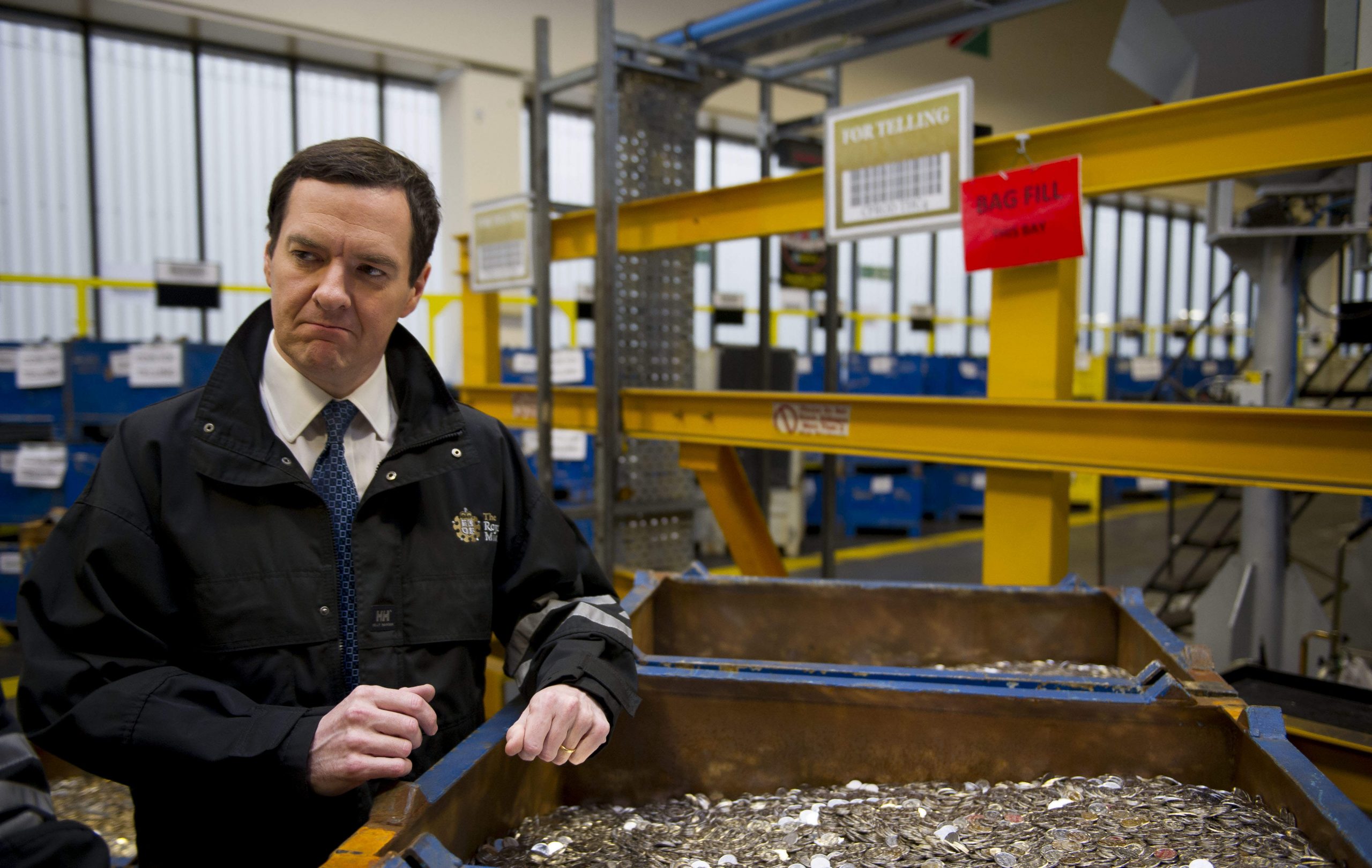
Today is the day that George Osborne and his Treasury team have been waiting for. After falling for five consecutive years*, average wage growth (1.7 per cent) has finally crept above inflation (1.6 per cent). Expect the Tories to cite the figures as proof that the recovery in the macroeconomy is feeding through into people’s pockets and that the “cost-of-living crisis” is abating. (Although it’s worth noting that the wage figure is from February, while the inflation figure is from March. Inflation in February stood at 1.7 per cent. In other words, pay was merely flat that month.)
But there’s a catch: while average pay is up by 1.7 per cent, pay excluding bonuses is up by just 1.4 per cent, a real-terms cut. That will allow Labour to warn that this remains a recovery for the City of London, not the country at large. As Ed Balls noted in his Guardian article on Monday: “Average earnings figures, which can be driven by large pay rises at the top, often mask what is happening in the middle and at the bottom. We know that bankers’ pay in London, where most of the top earners are based, grew nearly five times faster than the pay of the average worker last year.”
Even after average pay (excluding bonuses) finally outstrips inflation, there will be no rise in real incomes for the millions of public sector workers who have had their salary increases capped at 1 per cent and for those most reliant on benefits.
For the rest, after five years of falling living standards, it will take more than a few months of growth to make up the ground lost since the crisis. In 2015, as the IFS has repeatedly pointed out, real incomes will still be far below their 2010 level, with voters currently an average of £1,600 a year worse off. Many in the private sector remain stranded in low-paid, part-time jobs (1.42 million people are working part-time because they can’t find full-time jobs) that do not provide enough for them to maintain their family’s living standards.
As Balls noted at his post-Budget briefing last month, this will be the first time on record that real incomes have ever been lower at the end of a parliament than at the start (paving the way for Miliband’s “Reagan moment”). Indeed, based on the RPI measure of inflation (which includes housing costs), the OBR forecasts that wages will be flat until 2019; there will be plenty of people who feel no better off in the next decade, let alone in the next year. The price of many essentials, such as housing, food, energy and transport, continues to rise faster than the general rate of inflation.

Rather than suggesting that the crisis is over, the Tories would be wiser to offer solutions to it. As the Conservative group Renewal has argued, the party should look to significantly increase the minimum wage in real-terms, build a million homes over five years, and strengthen consumer protection. The Tories’ greatest weakness remains that they are viewed as “out of touch” by most voters; they would be foolish to confirm this perception by declaring the war won while millions are still struggling.
* The exception being April 2013, when high-earners collected their deferred bonuses to benefit from the abolition of the 50p tax rate.





